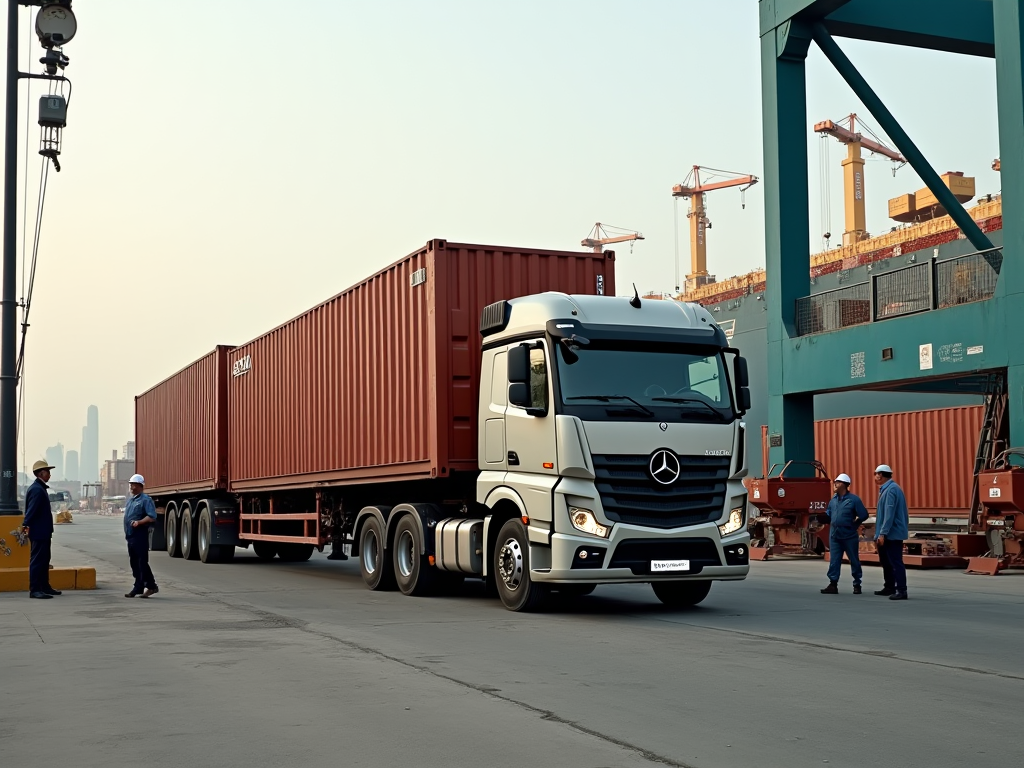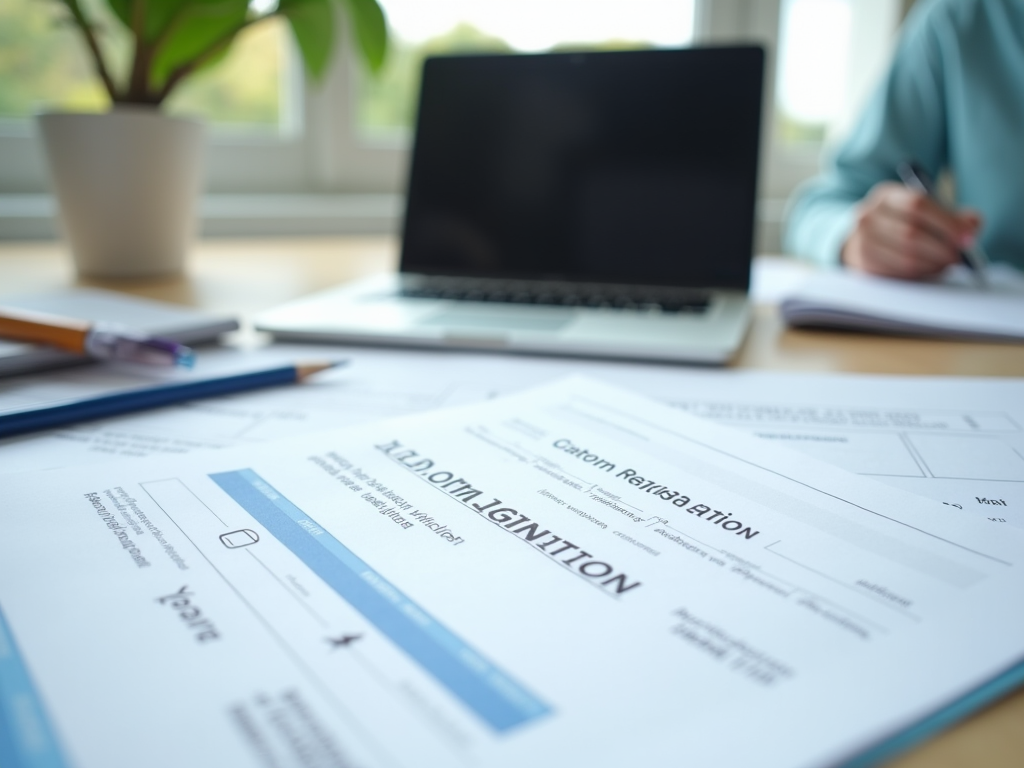Customs registration in Dubai, UAE, is a vital process for businesses engaged in international trade, ensuring compliance with local laws and facilitating the smooth movement of goods across borders. This article explores the essential aspects of customs registration, the steps involved, and its importance in maintaining efficient supply chains. Understanding the customs registration process can save businesses time and money while minimizing legal risks. Whether you’re a new startup or an established company, navigating the complexities of customs regulations in Dubai is crucial for successful operations.
The Importance of Customs Registration

In a globalized economy, customs registration is imperative for businesses importing or exporting goods. This process serves multiple functions, including legal compliance, accurate duty assessment, and preventing illegal trading practices. By registering with customs, businesses ensure they are recognized as legitimate traders, gaining access to numerous benefits to enhance their operations. Here’s why customs registration is important:
- Legal Compliance: Ensures adherence to local and international trade laws.
- Efficiency: Streamlines customs clearance processes, reducing delays.
- Access to Benefits: Registered traders can benefit from various trade agreements and incentives.
- Transparency: Fosters trust with authorities and partners through credible operations.
- Risk Mitigation: Helps avoid potential legal issues or fines due to non-compliance.
Steps for Customs Registration in Dubai

Registering for customs in Dubai involves several key steps that businesses must follow to ensure compliance with relevant regulations. Understanding this process is essential to avoid delays in shipping or penalties for non-compliance. Here’s a detailed breakdown of the steps required for customs registration in Dubai:
- Prepare Required Documents: Gather necessary business documents such as trade licenses, ownership details, and identification of stakeholders.
- Complete the Online Application: Access the Dubai Customs website to fill out the registration application form, providing accurate information.
- Submit the Application: Submit the completed application and the supporting documents through the online portal.
- Application Review: Dubai Customs will review the application, which may involve a background check and verification process.
- Receive Customs Registration Number: Upon successful approval, the business will receive a customs registration number for future trading activities.
Customs Tariffs and Duties
Understanding customs tariffs and duties is crucial for businesses engaged in importing and exporting goods. The UAE has specific tariff classifications and rates applied to various categories of goods, and these can significantly affect your profit margins. Key aspects to consider include:
- Valuation Methods: Duties are calculated based on the customs value of the goods, typically the transaction value.
- Tariff Codes: Accurate classification of goods under the appropriate HS code is essential for correct duty assessment.
- Exemptions and Reductions: Certain goods may qualify for exemptions or reduced tariffs under various trade agreements.
- Payment Process: Duties must be paid prior to the release of goods. Understanding this process can help in budget planning.
- Legal Implications: Misclassification or non-payment of duties can lead to significant penalties or confiscation of goods.
While the customs registration process is vital for international trading, businesses often face challenges that can hinder their operations. Understanding these potential obstacles can help in devising strategies to overcome them. Common challenges include:
- Complex Regulations: The dynamic nature of customs laws can make compliance challenging.
- Documentation Errors: Incomplete or incorrect documentation can lead to delays and penalties.
- Frequent Changes: Regular updates in trade agreements and tariffs necessitate continual monitoring and adjustment.
- Language Barriers: Non-Arabic speakers may find it difficult to navigate documents and regulations.
- Capacity and Resources: Smaller businesses may lack the resources necessary to manage customs processes efficiently.
Conclusion
Customs registration in Dubai is a fundamental requirement for businesses involved in international trade. Navigating the process effectively minimizes potential legal issues and enhances operational efficiency. Understanding customs duties and tariffs is equally important, allowing businesses to make informed decisions regarding their import and export activities. Additionally, recognizing and overcoming the challenges inherent to customs registration can provide competitive advantages in the burgeoning UAE market. Therefore, being proactive about customs registration is essential for any business looking to succeed internationally.
Frequently Asked Questions
1. What documents are required for customs registration in Dubai?
The required documents include your trade license, business registration documents, ownership certificates, and identification proof of business stakeholders.
2. How long does the customs registration process take?
The customs registration process may take anywhere from a few days to a couple of weeks, depending on the completeness of the application and the verification process.
3. Are there any fees associated with customs registration?
Yes, there may be fees involved in the registration process and related customs activities, which will vary based on the nature of your business and the goods traded.
4. What should I do if my customs application is rejected?
If your application is rejected, it is crucial to liaise with the Dubai Customs office to understand the reasons for rejection and rectify any issues before reapplying.
5. Can I handle customs registration myself, or should I hire a professional?
While it is possible to handle customs registration yourself, hiring a customs broker or professional can help ensure compliance and address any complexities effectively.
